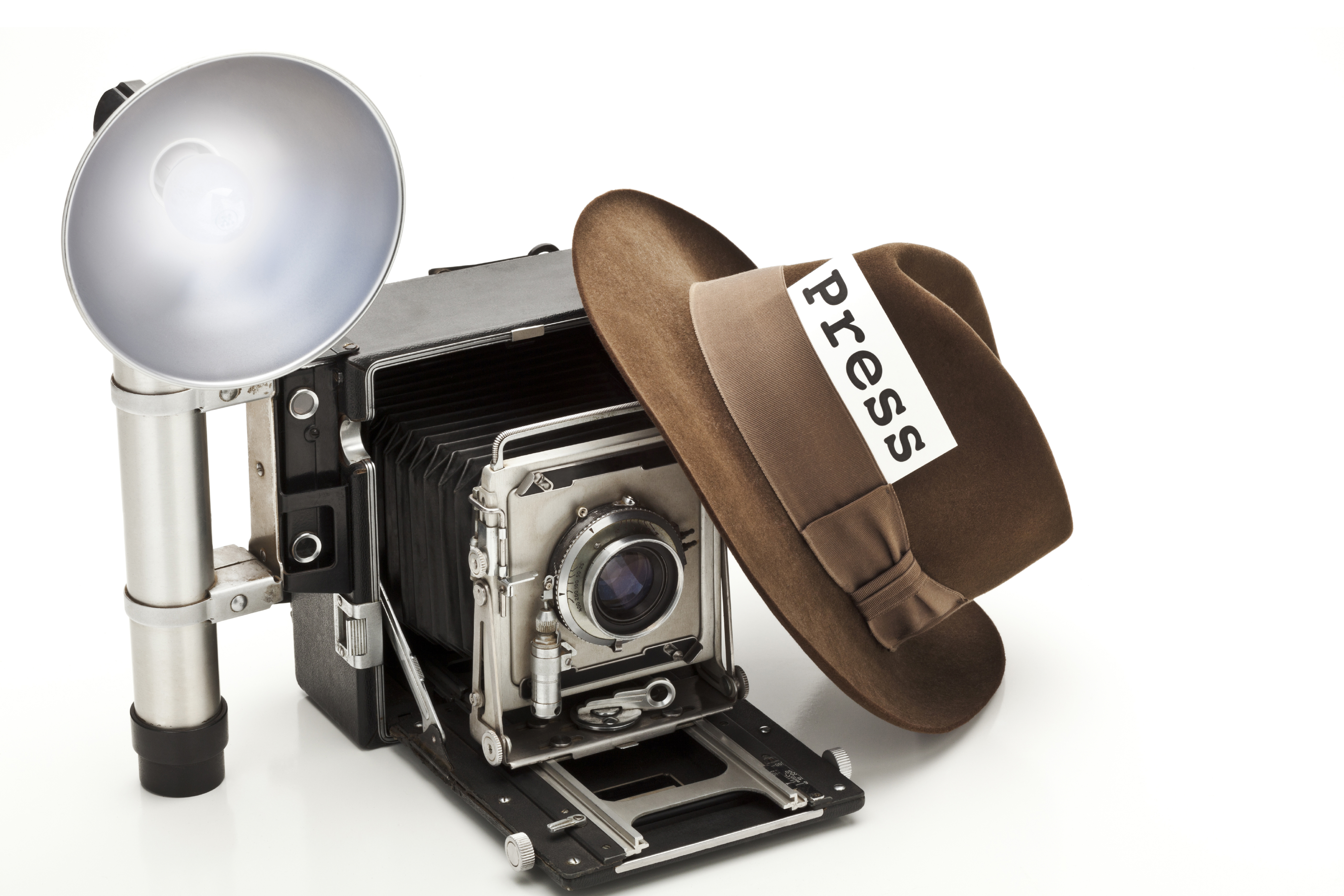Fifty years ago, “the news industry” meant print publications, radio broadcasts, three television networks, and two major wire services. At the University of Connecticut, it meant Evan Hill.

The reporter and World War II veteran had been personally recruited by UConn President Homer Babbidge – Babbidge drove, unannounced, to Hill’s home in New Hampshire to persuade him to take the job – to establish a journalism program at the state’s flagship university. Previously, journalism education at UConn had been overseen by the University’s chief of communications, who was also in charge of publishing catalogs and extension bulletins.
Today, as the department prepares for a weekend of workshops, panel discussions, and celebrations to mark its 50 years of existence, it looks back on a history that has produced Pulitzer Prize winners and entrepreneurs; staffed the world’s top media outlets with reporters, editors, and photographers; and shaped the face of journalism in Connecticut and beyond.
“We don’t make cookie-cutter journalists here,” says Maureen Croteau ’71, who has been department head since Hill retired in 1983. “I think the kind of journalism education we provide, grounded in the fundamentals, and the fact that we’re in the College of Liberal Arts and Sciences and more than half of our graduates have a second major, really account for the success we’ve had.”
That success can be seen institutionally. From one faculty member in 1965, the department has grown to 10 full-time and 8 part-time faculty and staff, and is the only nationally accredited journalism program in New England. Its success is also evident in its graduates.
A quick glance at the panelists for Friday’s and Saturday’s events include G. Claude Albert ’72, one of the most familiar names in Connecticut news as longtime managing editor of the Hartford Courant and now editor of the CT Mirror; Glenn Smith ’87, watchdog and public service editor at The Post and Courier (Charleston, S.C.) and recipient of the 2015 Pulitzer Prize for public service; Curtis Wong ’01, senior editor of Queer Voices at the Huffington Post; and many others.
One of those panelists is Doug Hardy ’91, whose path through the news business shows both how the industry has changed, and how his UConn experiences prepared him for those changes.
“I was always a print guy,” said Hardy, who went from being a student journalist at the Daily Campus to an internship at the Hartford Courant to full-time jobs with newspapers in the state and in Colorado, before landing a job as an editor at the Journal Inquirer in Manchester.
But in 2012, Hardy left that job and joined his wife, Christine Stuart, who had built a fledgling website called CT News Junkie into a daily must-read for the state’s political movers and shakers.
The move from the familiar world of print deadlines and front-page layouts to new models of revenue and reporting was more daunting than bromides about “Web 2.0” would lead some to believe, Hardy said.
“Christine spent basically three years with people ignoring her,” he said. “It’s not a simple thing to launch a web-based news service.”
But while models have changed, what Hardy learned – as CT News Junkie heads toward the middle of its 11th year – is that fundamentals remain the same.
“At the end of the day, good reporting provided quickly is what people value,” he said.
That’s just as true for recent grads, who enter a world where social media and the Internet aren’t transitions so much as established facts of life.
Kathleen McWilliams ’15 landed her first full-time newspaper job a week after graduating, and has already moved on to the state’s largest newspaper, covering South Windsor, East Hartford, and breaking news for the Hartford Courant.
“I would not be at the Courant if it wasn’t for the faculty in the journalism department,” McWilliams said.
When McWilliams started at UConn, she expected to spend her time crafting print stories, and found that, in addition, she learned everything from shooting video to writing tweets that will appeal to news-hungry audiences.
“I covered the UConn women’s victory parade last weekend, and one of the most fun things was being able to shoot video of players’ comments and share that,” McWilliams said. “That’s an experience you don’t really get from just reading a newspaper, and that’s something I learned at UConn.”
Those skills might have been foreign to Evan Hill when Homer Babbidge showed up at his doorstep in New Hampshire 50 years ago, said Croteau, but the department has proven that UConn journalism graduates have a great deal in common, regardless of when they got their diplomas.
“They have to be critical thinkers. They have to be able to write clearly. They have to understand fairness. All of those things are fundamental,” she said. “They haven’t changed at all, and they aren’t going to change in the next 50 years, either.”



